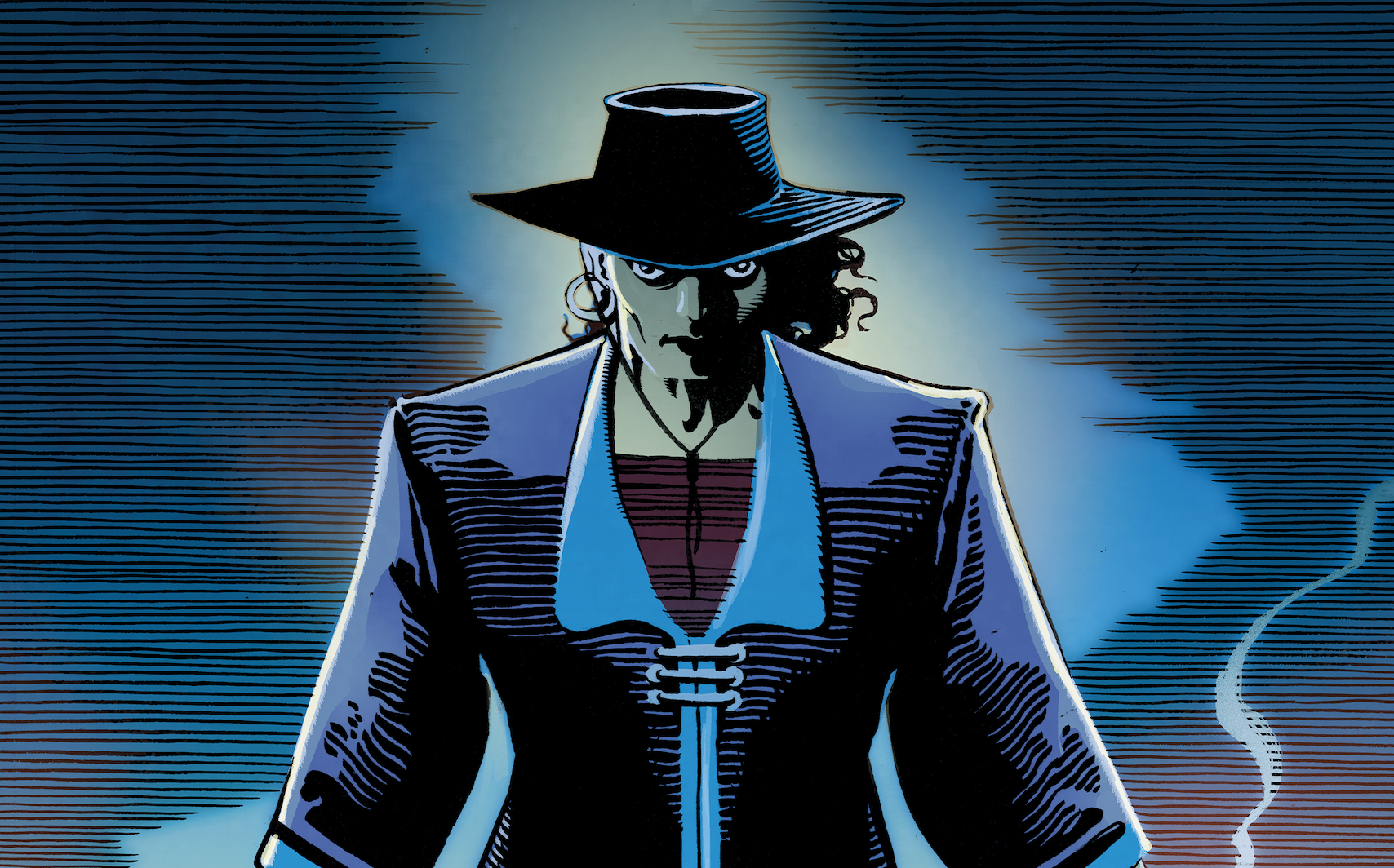
Right now there is a lot of focus on what is happening behind the scenes in Hollywood and the film industry at large, in the wake of explosive sexual assault and harassment cases and the subsequent #MeToo and #TimesUp movements. But what is happening on-screen is nothing short of a revolution, where we are seeing more representation, diversity and stories that actually reflect more of a wider audience base.
We’re especially excited by the topics being covered by women in film who aren’t afraid to have bold conversations, confront bias, and challenge perspectives on certain issues. One such filmmaker is Rebekah Nelson, whose work exemplifies what it means to be bold and daring. Her previous films have tackled issues such as suicide bombers, suicide and depression.
Based out of NYC, her most release is a short film titled ‘The Shoulder’, which tackles harrowing drug addiction within the family. It premiered on March 16th at the Museum of Moving image under the Queens World Film Festival. ‘The Shoulder’ is now in talks with streaming distributors to be turned into a feature film. It is a timely explorati

‘The Shoulder’ was adapted from playwright Jerrod Bogard’s stage play “Hugging the Shoulder “, which premiered at the 2006 New York Fringe Festival. Producer Michael Freeland also produced the original stage play.
Typically, stories of addiction, war and other tough subjects are filmed and told through the male perspective (with notable exceptions Katherine Bigelow, Mary Harron, Debra Granik). But as we see with Rebekah’s work, women filmmakers are capable of telling the tough stories. Rebekah was particularly inspired by the Healing NYC, a new comprehensive effort in New York to reduce opioid overdose deaths. Readers who know someone that has battled addiction will recognize the themes highlighted in the film: the shame, the chaos, the denial, the desperate choices.
Addiction is a tough subject to cover, but Rebekah has sought to approach it with honesty and clarity. We got to speak with her about her process, thoughts on the current landscape of filmmaking for women in Hollywood, and what audiences can do to be part of the change.
Tell us about how you started in the world of filmmaking?
I started off with a theatre background even though film has always been my main passion. I trained as an actor for several years in high school and college and eventually branched out to directing & writing for the stage.
My initial interaction with filmmaking was in front of the camera, starring in several shorts and the feature film “American Bomber”. As much as I love acting, I wanted to expand my canvas and apply my directing and writing skills to film. The Sparrow Film Project was a jumping off point for me as a filmmaker. A film competition where I have to make a 3 minute film in 3 weeks? It got the ball rolling.
Your latest project, ‘The Shoulder’ zooms in on a topic that is getting a lot of attention right now – addiction. What made you want to tackle such a tough issue?
Initially addiction was a subject I knew very little about. I came across the screenplay for the feature “Hugging the Shoulder” and was inspired to learn more about the topic. Addiction not only destroys lives, but it is tearing families and communities apart. I wanted to further explore and share what I learned on this subject through film.

As a director, it seems the difficult issues are you signature style! You’ve made films about suicide bombers and depression among others. How do you emotionally deal with these tough subject matters during your production process?
During the production process my goal is to explore the human experience. To gain a better understanding of complex issues, such as suicide bombers & mental health. It’s not so much dealing with my emotions, rather it’s feeling emotionally connected to the characters & situation.
People often think films & documentaries relating to war and conflict are typically made by men. What would you say about this narrow stereotype, and how do you hope it changes?
I think it comes down to the statistics. Women make up a smaller percentage in the filmmaking world. While there are women filmmakers who tackle this subject (Katherine Bigelow immediately comes to mind), I think it’s a matter of numbers. Not enough women are making these kinds of films because not enough women are making films in general. As the percentage increases, we’ll see more women making these kinds of films. I for one am planning on it.
Can you speak to us about the power of filmmaking, especially documentary filmmaking, to bring about social change, and how this is part of your goal as a director?
Films, especially documentaries, have the power to educate, instill compassion, and broaden our perception of the world. My goal as a director is to approach a subject as unbiased as possible. Hoping the end product is honest, regardless of what the subject matter may be.

What are some of the biggest misconceptions about addiction that you hope audiences will understand more about after watching ‘The Shoulder’?
Victims of addiction are often demonized. As a child from the 80’s I grew up during the “Just Say No” era. Watching after-school specials where addicts were portrayed as these cartoonish monsters lurking behind every corner. Unimaginative propaganda. Victims of addiction are human beings, suffering from an illness.
With “The Shoulder”, I wanted to put a face to this epidemic, make it more human. Hopefully it offers some insight to the life of an addict and the impact it has on others.
With a lot of focus on Hollywood’s treatment of women behind the camera right now, what kind of change would you like to see, and how can audiences be part of making change to support more women?
FUND OUR FILMS. There isn’t a lack of women filmmakers, there is a lack of opportunity for us.
As for audiences, watch more films made by women, you will not be disappointed.
==============================================================
Hear more from Rebekah Nelson about ‘The Shoulder’ in the video below:
















